USC Norris Comprehensive Cancer Center
An NCI-designated Comprehensive Cancer Center
ORIEN@ USC
ORIEN is a cancer genetics research study. Our aim is to create more specific treatment plans for cancer patients. By studying people’s DNA and their response to treatment, we hope to predict the most effective way to care for each person.
If you are a patient at USC, you can contribute to research by taking part in the ORIEN study.
Together, we can improve care for everyone affected by cancer.
About ORIEN
Our team consists of doctors, genetic counselors, and researchers. We specialize in cancer genetics and are committed to enhancing cancer research. We also collaborate with other providers at USC and other hospitals.
ORIEN was launched at USC in 2015. Since then, our team has worked diligently to reach as many patients as possible. We work with patients both at USC Norris Comprehensive Cancer Center and at Los Angeles County/USC Hospital. More than 4,500 patients from are in the ORIEN study. More than forty USC physicians from many oncology departments work with us regularly. Their specialties include colon, breast, lung, prostate, pancreatic, liver, ovarian, brain, and skin cancer.
Contact:
For more information, contact Serina Ovalle,
Program Coordinator at
serina.ovalle@med.usc.edu
Impact
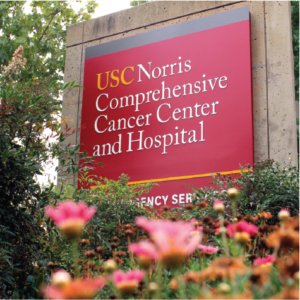 What is the purpose of ORIEN? The information collected in the ORIEN database is used by the researchers and doctors at USC to investigate new cancer treatments. Our primary focus is advancing precision medicine.
What is the purpose of ORIEN? The information collected in the ORIEN database is used by the researchers and doctors at USC to investigate new cancer treatments. Our primary focus is advancing precision medicine.
What is precision medicine? Precision medicine is a new approach to cancer treatment. Usually, people with the same type and stage of cancer receive similar treatments. Precision medicine means that rather than giving everyone the same treatment, doctors determine the best treatment for each individual. This is also known as personalized medicine.
EXAMPLE A doctor has a genetic test that can report whether a patient has Version A or Version B of a certain gene. The doctor knows that for people with Version A, Drug A works better than Drug B. However, for people with Version B, Drug B works better than Drug A. The doctor will give each patient the genetic test, and then choose the medication that will work best for them.
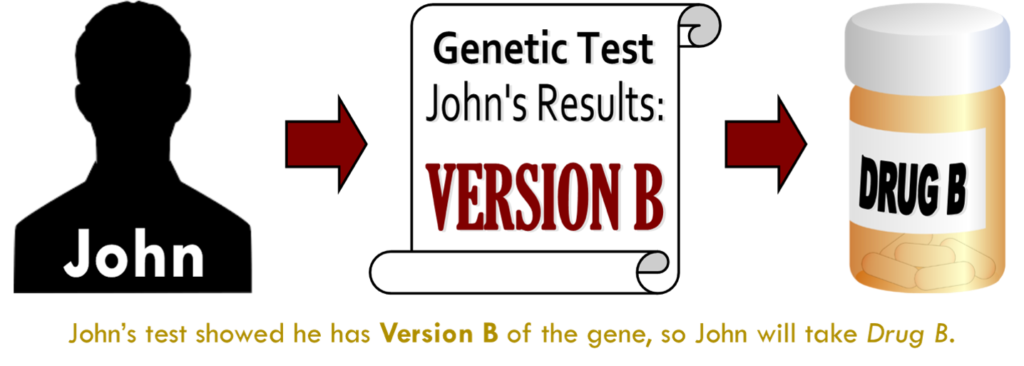
Patient Voices:
How will ORIEN help advance precision medicine? The information collected in the ORIEN database allows researchers to look at which treatments worked for each person. Then, they can compare this information to each person’s cancer genes, and find patterns that predict the best ways to help future patients.
Why do we need so many people to participate? There are many different kinds of cancer and cancer genes. There are also many different treatment possibilities, and many unknown differences between people. In order to predict the effects of treatments for everyone, we need information from many patients.
Our research is possible thanks to you. Without patients willing to join our study, ORIEN would not exist. Ultimately, the advances we make in cancer research are due to your commitment to help others. Thank you for your patience, your kindness, and your optimism. The goodness and tenacity of our patients inspire us every day. Together, we will enhance treatment for people affected by cancer in the future.
Thank you!
Our patients have experienced tremendous adversity and growth. We would like to take this opportunity to share some of their stories. We hope that their experiences resonate with you and remind you that we are all together on this journey. If you would like to share your story, please contact us.
Emily Winfield
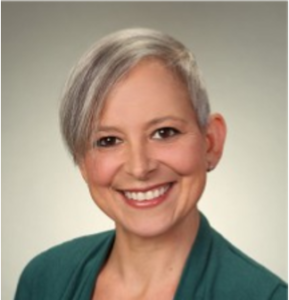 When she was diagnosed with stage IV colon cancer, Emily Winfield was told that she would be lucky to live two more years. Emily was 42 and the mother of two young boys. Three years later, she is tumor free and full of hope. Emily has found her ideal teammate in Dr. Heinz-Josef Lenz. In addition to cutting-edge treatment, his approach has included lifestyle changes, which gives Emily a sense that he is looking at her as a person, not just looking at an endgame. She also describes her nurse practitioner, Taline Khoukaz, and the entire team as loving, positive, and welcoming. “The atmosphere is not at all what I expected from a cancer hospital,” she explains, “At USC there is always a feeling of hope. There are no promises, but there is a sense that if this doesn’t work, then we’ll try something else.” Taking everything one step at a time is important, according to Emily, “because treatment is constantly evolving, and you never know what’s going to happen next month.” By participating in the ORIEN study, Emily is contributing to research that drives the evolution of treatment for patients like her. Dr. Lenz was able to match Emily to a specific treatment based on the genetics of her tumor, an approach known as precision medicine. ORIEN Total Cancer Care is a research project working to improve precision medicine using data from cancer patients at USC and across the nation. Any USC patient can sign up for ORIEN. When the study started at USC, Emily was the very first patient to join. She agreed to let researchers study her DNA, course of treatment, and other information about her. The information that she provides will help doctors develop new treatments and choose the most effective plan for similar patients in the future. She decided to participate in research because she wanted to do everything she could to help other patients. Emily’s story has included many challenges. However, she believes in appreciating the positives that come from each experience, including the fact that her diagnosis has enhanced many of her relationships. “You get to understand the way that people feel about you and the way that you have affected people in your life, and that in itself is such a huge gift,” she remarks. Her family has learned to support each other in new ways due to the anxiety preceding scans, and her kids have developed empathy in a different way due to her cancer. “I was always afraid I was going to ruin everyone’s lives by getting sick,” she explains, “But it can also make my kids better, more rounded human beings.” Finally, Emily wants all patients to know that there is hope. She believes that as the experience of living with cancer is demystified, the fear surrounding it will lessen. “The idea that you can live allows people to live,” she reveals, “When you’re not terrified of dying, it becomes easier to heal.” Emily is happy to offer advice and support to new patients. If you would like to be put in touch with Emily, please contact us.
When she was diagnosed with stage IV colon cancer, Emily Winfield was told that she would be lucky to live two more years. Emily was 42 and the mother of two young boys. Three years later, she is tumor free and full of hope. Emily has found her ideal teammate in Dr. Heinz-Josef Lenz. In addition to cutting-edge treatment, his approach has included lifestyle changes, which gives Emily a sense that he is looking at her as a person, not just looking at an endgame. She also describes her nurse practitioner, Taline Khoukaz, and the entire team as loving, positive, and welcoming. “The atmosphere is not at all what I expected from a cancer hospital,” she explains, “At USC there is always a feeling of hope. There are no promises, but there is a sense that if this doesn’t work, then we’ll try something else.” Taking everything one step at a time is important, according to Emily, “because treatment is constantly evolving, and you never know what’s going to happen next month.” By participating in the ORIEN study, Emily is contributing to research that drives the evolution of treatment for patients like her. Dr. Lenz was able to match Emily to a specific treatment based on the genetics of her tumor, an approach known as precision medicine. ORIEN Total Cancer Care is a research project working to improve precision medicine using data from cancer patients at USC and across the nation. Any USC patient can sign up for ORIEN. When the study started at USC, Emily was the very first patient to join. She agreed to let researchers study her DNA, course of treatment, and other information about her. The information that she provides will help doctors develop new treatments and choose the most effective plan for similar patients in the future. She decided to participate in research because she wanted to do everything she could to help other patients. Emily’s story has included many challenges. However, she believes in appreciating the positives that come from each experience, including the fact that her diagnosis has enhanced many of her relationships. “You get to understand the way that people feel about you and the way that you have affected people in your life, and that in itself is such a huge gift,” she remarks. Her family has learned to support each other in new ways due to the anxiety preceding scans, and her kids have developed empathy in a different way due to her cancer. “I was always afraid I was going to ruin everyone’s lives by getting sick,” she explains, “But it can also make my kids better, more rounded human beings.” Finally, Emily wants all patients to know that there is hope. She believes that as the experience of living with cancer is demystified, the fear surrounding it will lessen. “The idea that you can live allows people to live,” she reveals, “When you’re not terrified of dying, it becomes easier to heal.” Emily is happy to offer advice and support to new patients. If you would like to be put in touch with Emily, please contact us.
ORIEN Network
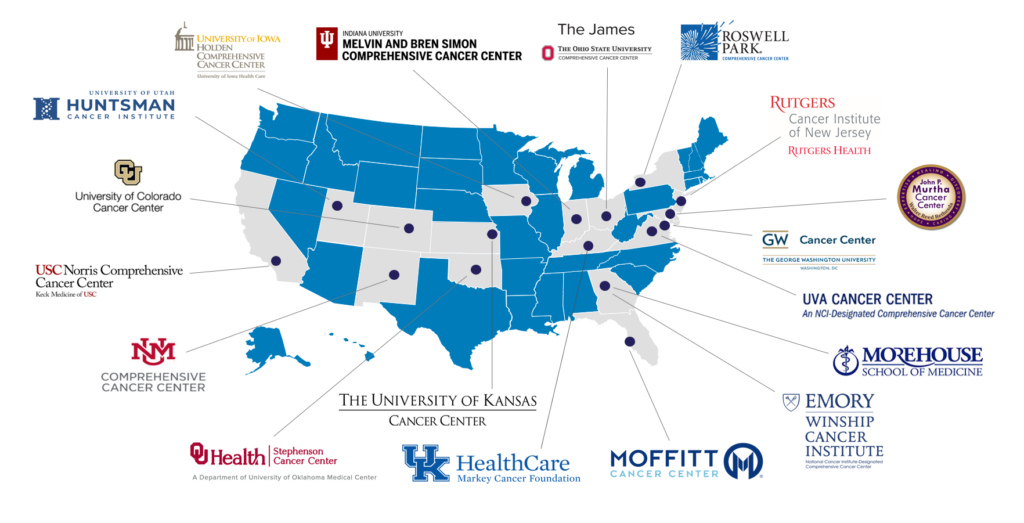
ORIEN stands for Oncology Research Information Exchange Network. USC Norris Comprehensive Cancer Center is part of a network of 18 cancer centers across the country known as the ORIEN. These cancer centers use the same protocol to conduct the study. By working together, we reach many more patients and gather large amounts of information more rapidly. This makes our results more precise and valuable.
Can other research sites see my personal information? Personal identifying information is removed from the data before it is shared with the network. Only USC researchers will know who you are.
How many people are in ORIEN nationally? More than 240,000 people have joined across all of the sites.
Where can I learn more about the network and other sites? You can visit oriencancer.org to learn more about the network. This page includes links to all of the cancer centers in ORIEN.
Our Team
Leadership
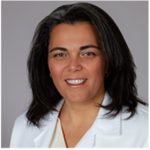
Bodour Salhia, PhD
Principal Investigator
salhia@usc.edu
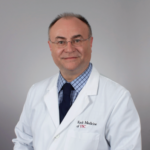
Heinz-Josef Lenz, MD
Clinical Lead
lenz@usc.edu
Program Coordinators
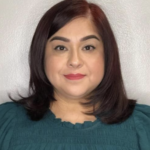
Serina R. Ovalle
Program Research Coordinator
sovalle@usc.edu
Genetic Counselors
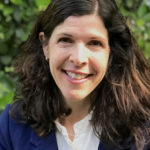
Julie Culver, MS
Genetic Counselor
jculver@med.usc.edu

Charite Ricker, MS
Genetic Counselor
ricker@usc.edu
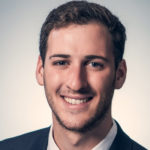
Jacob Comeaux
Genetic Counselor
jcomeaux@usc.edu
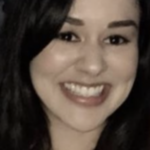
Daisy Hernandez
Genetic Counselor
daisyher@usc.edu
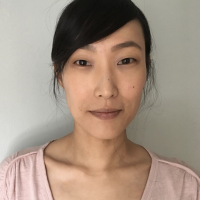
Emmeline Chang
Genetic Counselor
emmeline.chang@med.usc.edu
Clinical Abstraction
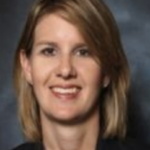
Wendy Lynch, MS
Medical Records Abstractionist
gwendolyn.lynch@med.usc.edu
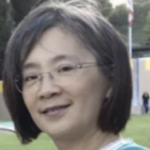
Wendy Chen
Clinical Research Data Specialist I
wendyche@usc.edu
Rebecca Blackwood
Medical Records Abstractionist
rb32426@usc.edu
Consent Specialists
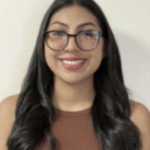
Grace Diaz
Consent Specialist
gracedia@usc.edu
Crystal Calhoun
Consent Specialist
calhounc@usc.edu
Clinical Informatics

Daniella Meeker, PhD
Director of Clinical Research Informatics
dmeeker@usc.edu
Research Informatics

Ashley Noriega
Clinical Research Data Specialist I
Ashley.Noriega@med.usc.edu
Pathology
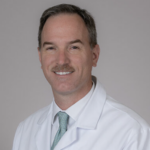
William Dean Wallace, MD
Associate Chief of Anatomic Pathology
William.Wallace@med.usc.edu
